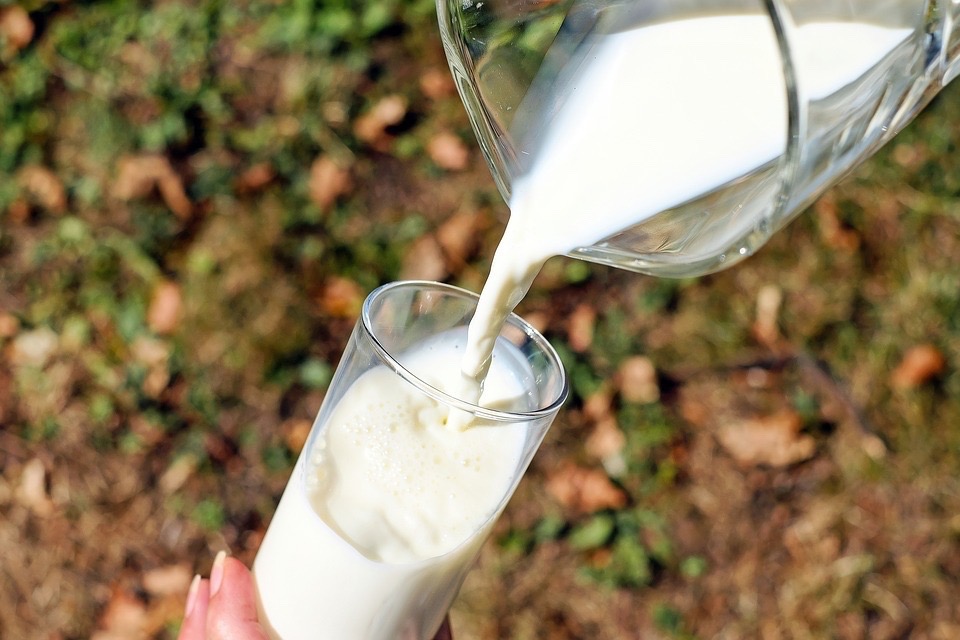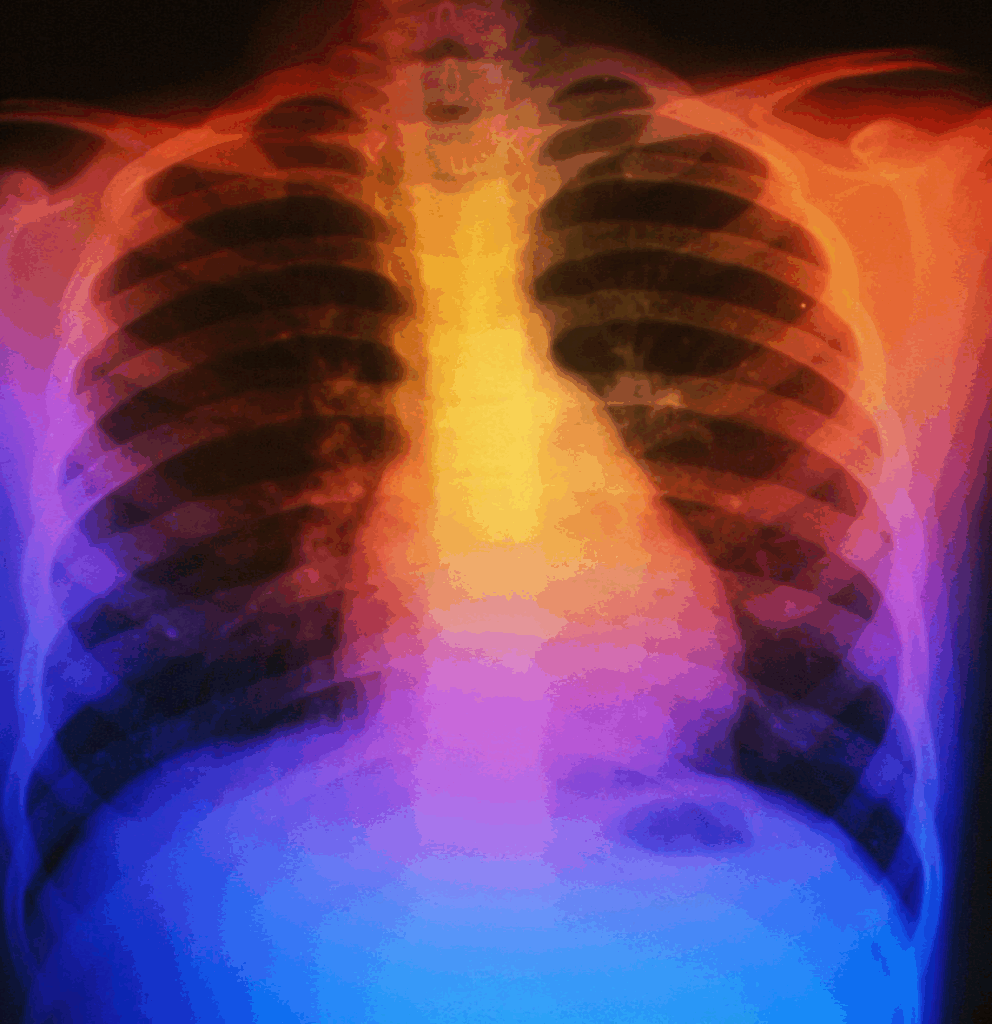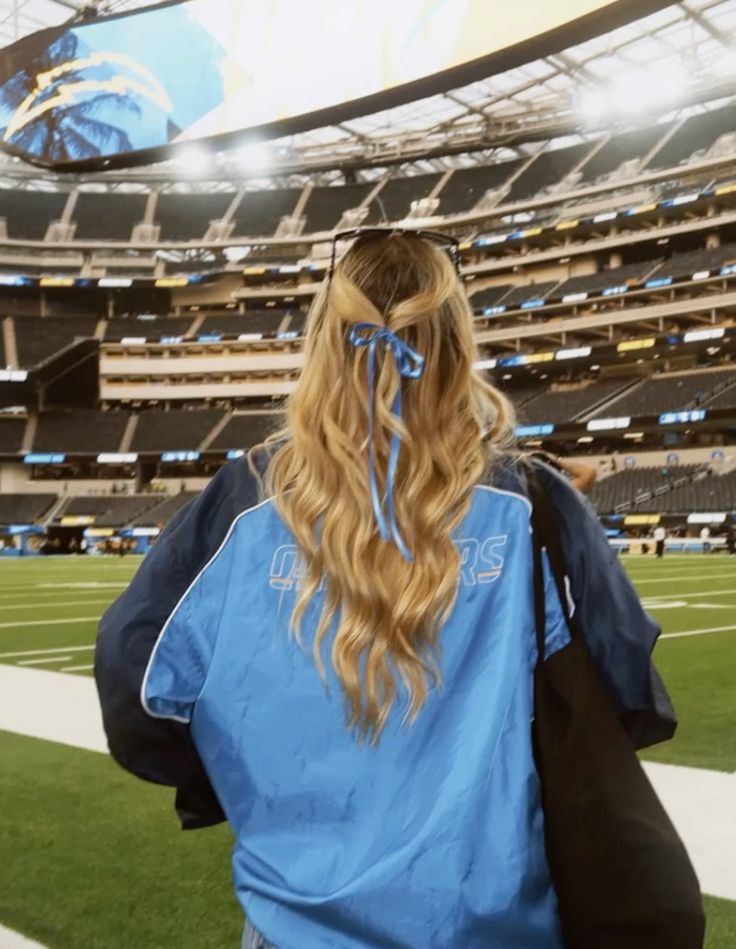Unless you’re a vegan, dairy products are probably a staple in your diet. Dairy products are the egg to our breakfast sandwich, the cream to our coffee, the butter to our toast, the yogurt to our smoothie and of course, the cheese to our quesadilla. But, this dairy dependence has Valley wondering: if we know and love dairy so much, why don’t we take more care in knowing where it comes from?
It’s no surprise that consumers are becoming more and more aware of what goes into their bodies. Eye-catching terms like “free-range” and “cage-free” grace the cartons of milk and eggs in refrigerated aisle. Shoppers tend to buy products with animal, environmental and health-friendly characteristics in order to feel good about what they buy.
No one wants to support the barren conditions and cruel animal treatment of factory farming, but don’t be fooled. “Free-range” doesn’t necessarily mean milk cows are frolicking in lush meadows, and “cage-free” doesn’t mean hens are free to roam. In fact, chickens or dairy cows that are “cage-free” or “free-range” most likely do not have easy access to the outdoors where they can roam and engage in natural behaviors.
It’s okay to take notice of the labels on your food. Actually, being observant of food labels is a good first step, but the reality is that the farming standards that allow “animal-friendly” catchphrases to be printed on egg and milk cartons are low. Often “cage-free”, “free-range” and even “organic” farming practices involve inhumane treatment of animals. So, what’s an animal and cheese-loving shopper to do? Get brand smart and buy local.
Nellie’s Free Range Eggs
With Nellie’s eggs, “free-range” truly means free-range. Every carton of Nellie’s delicious brown eggs comes from hens raised in 40 small, family-owned farms that stick to strict Certified Humane standards. A package with the Certified Humane seal is one of the only ways to be sure your animal products are raised right. Hens have easy access to the outdoors where they can peck, play and scratch in real grass and have fresh water to drink 24/7. Perhaps the best part about Nellie’s Free Range Eggs is that they can be found at our local Giant grocery stores for competitive prices. Why not taste the happy hen difference next time you need a carton?
Meyer Dairy
There are few things better you can do for the environment and your health than buying locally-sourced and produced products. Less transportation fuel burning and less preservatives are benefits the Earth and you can enjoy from buying local foods. Meyer Dairy, located on South Atherton St., is a prime source for milk and cream. Situated on top of a slope, milk cows grazing on pastures is just one of the vivid Pennsylvanian views you can see through the windows of the dairy. Meyer Dairy’s store front also features cheese, honey and jams from various Centre County businesses. Not to mention, their ice cream rivals the Berkey Creamery.
Valley understands the grocery store can be stressful. With labels like “cage-free” and “free-range” printed on nearly every carton of milk and eggs, how are we supposed to be sure about what we buy as to not support inhumane treatment of animals? Looking for Certified Humane seals is a great place to start, as well as researching the real-life standards for “organic” and other consumer-catching terms.
If the grocery store is just too stressful and label reading is putting you into a confused daze, it’s time to hit up local vendors. Pennsylvania is riddled with farmland brimming with fresh produce and dairy. If we support humane and local farms, the demand for food coming out of cruel factory farms will decrease, leading to more happy cows and chickens.





